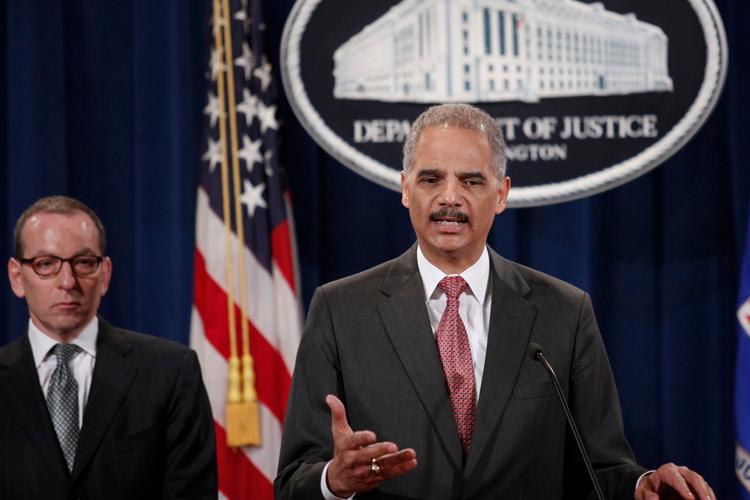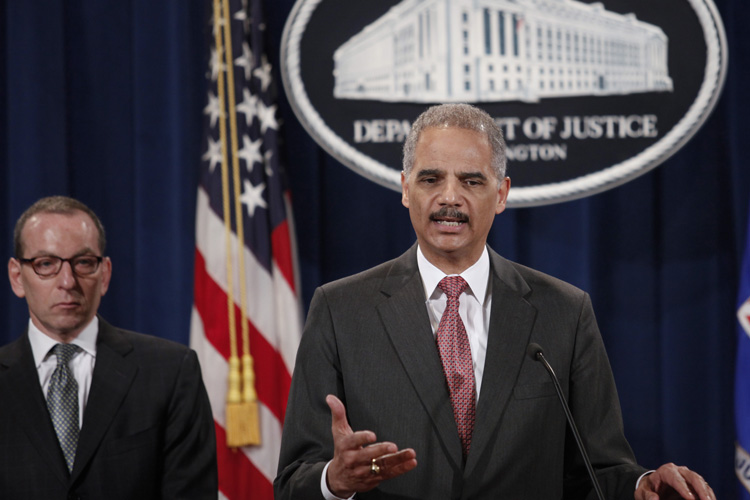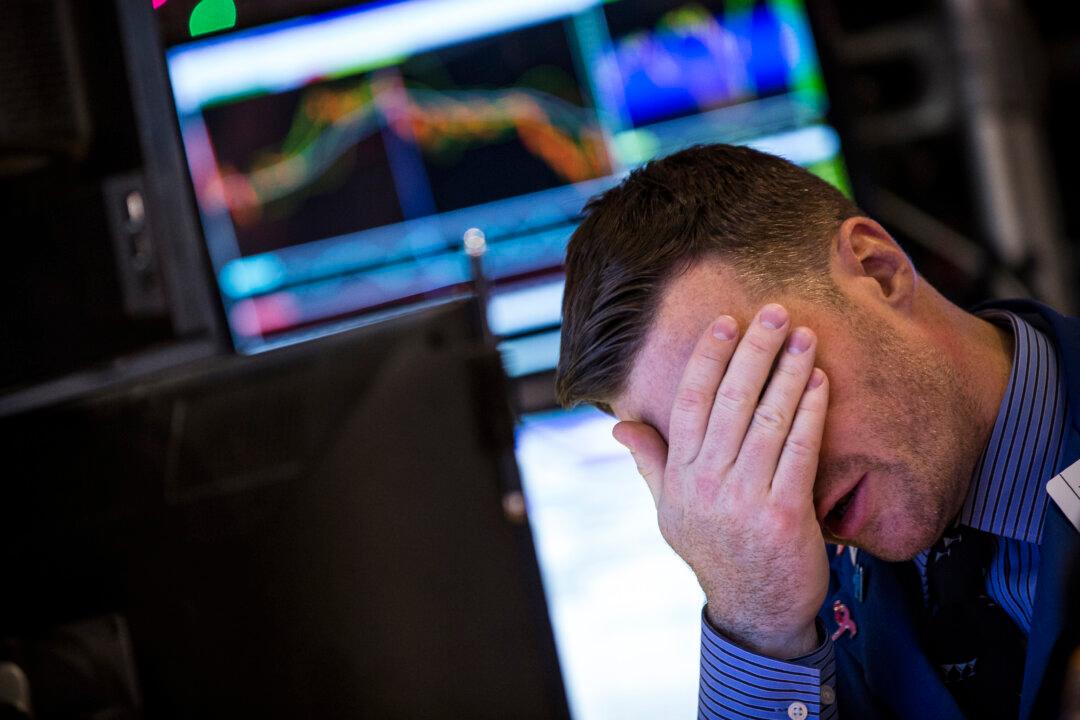Swiss banking giant UBS AG has agreed to pay a $1.5 billion fine to U.S. and foreign regulators to settle a probe that the bank engaged in a multiyear LIBOR rate manipulation scheme.
The fine settles allegations made by the U.S. Commodities Futures Trading Commission (CFTC), the U.S. Department of Justice, as well as British and Swiss regulators. The bank’s Japanese division has also agreed to plead guilty to one count of wire fraud in relation to rigging Japanese yen-based LIBOR rates.
UBS admitted to the scandal, but said that the rate manipulation was done by certain employees who are no longer at the bank.
“Their misconduct does not reflect the values of UBS nor the high ethical standards to which we hold every employee,” UBS CEO Sergio Ermotti said in a statement on Dec. 19. “We have cooperated fully with the authorities and taken decisive and appropriate actions to correct the issues and to strengthen our control processes and procedures.”
In addition to the fine, the Department of Justice also filed criminal charges against two former UBS securities traders.
Heavy Penalty
The heavy-handed fines are a shot across the bow for financial services firms that regulators are increasingly taking a hard line against unscrupulous behavior.
UBS’s fine is one of the biggest on record, but shy of the $1.9 billion British bank HSBC Plc paid U.S. authorities last week to settle charges of money laundering.
The size of the fine underscores the gravity of UBS’s actions. The CFTC documented more than 2,000 instances of traders attempting to manipulate LIBOR rates at the bank between 2001 and 2010. In some instances, underreporting of the LIBOR misrepresented the true health of the bank—and the banking industry—and in other cases, the LIBOR manipulation resulted in higher monetary gains for traders.
According to the CFTC website, in August 2007, a UBS manager told LIBOR submitters to “err on the low side” in their submissions. This action, along with others, could have misrepresented true LIBOR rates, which is a composite rate to benchmark the interest banks charge while lending to each other. LIBOR is used as a basis to set interest rates on a variety of consumer and business loan products worldwide.
“The integrity of benchmarks [such as the LIBOR] are of fundamental importance to both U.K. and international financial markets. UBS traders and managers ignored this,” said Tracey McDermott, enforcement director at the U.K.’s Financial Services Authority, in a statement.
The settlement agreed to by UBS dwarfs the $450 million fine British bank Barclays Plc paid U.S. and U.K. regulators a few months ago over LIBOR-rigging allegations. At the time, outrage over the news caused resignations of top executives including Chairman Marcus Agius and CEO Robert Diamond.
But in UBS’s case, some of that effort was spent to squeeze out more profits from trading, and the CFTC uncovered evidence that traders from other banks were involved in similar schemes—in other words, this was a widespread practice on Wall Street.
The CFTC did not release the names of the other banks, as several other banks are also under investigation, including Royal Bank of Scotland and Deutsche Bank AG.
The Epoch Times publishes in 35 countries and in 20 languages. Subscribe to our e-newsletter.





